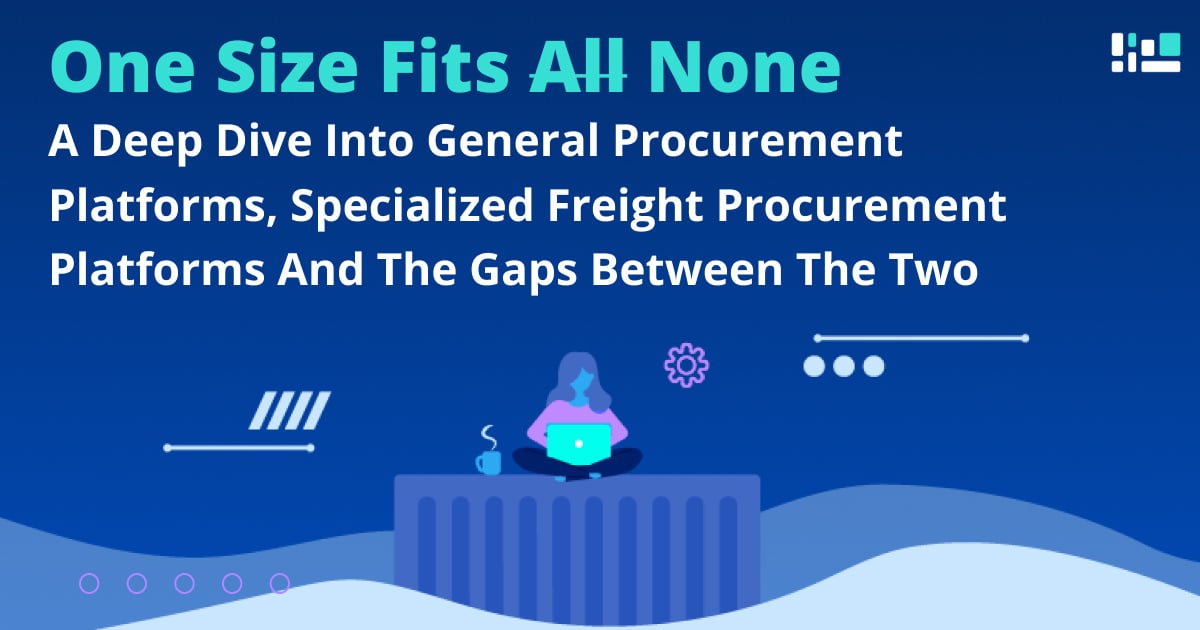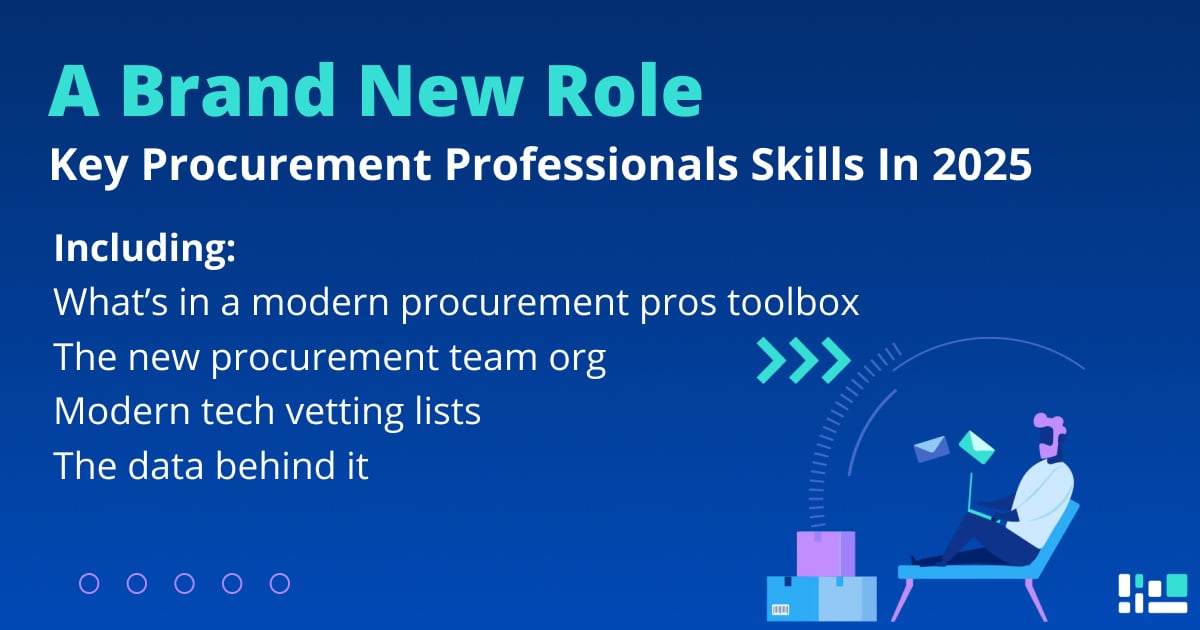When three top managers of one of the biggest logistics service providers in the world have given up their secure jobs to start a business together, you can be sure of one thing. They haven’t just found a gap in the market: they’ve come up with an idea of how to close it. This is the story with Christian Wilhelm, Stefan Maratzki and Oliver Ritzmann – and the resounding success of their company SHIPSTA is proving them right.
It was 2015 when Christian Wilhelm, SHIPSTA founder and CEO, asked himself why the wave of digitisation seemed to have bypassed a large part of the logistics industry. At the time, he was working in global purchasing for Kühne + Nagel, the world’s biggest sea freight forwarders, so was responsible for procurement.
“Instead of using the advantages of modern technology, which would save time and money, up to 25 service providers were invited to submit big tenders and then assessed,”
recalls Wilhelm, who has more than eight years of experience at Kühne + Nagel.
“Finding the best freight rates was a highly complex, tedious and manual process, where even a small mistake could have had disastrous consequences.”
The birth of an idea: more digitisation in logistics
He thought it would be better and more efficient to use computers, so he decided to develop the necessary intelligent logistics systems to help bring the firmly anchored transportation industry into the future.
As a first step, he brought Stefan Maratzki on board his newly established company SHIPSTA as Chief Technology Officer. The IT specialist, who had previously worked at Steria, Europe’s market leader in digital transformation, at Bravura as a software developer, and had been the managing director of Agilis Nova Enterprise Solutions between 2009 and 2017, worked as a consultant at Kühne + Nagel for over four years. And that’s where the two met. As a founding member and CTO of SHIPSTA, Maratzki has been responsible for all technical issues from day one.
The third in the pack is Oliver Ritzmann, Business Manager and co-founder of SHIPSTA. The experienced logistics specialist has twelve successful years of experience working in many roles at international logistics company Bertling, from business development manager to regional CCO. He also has experience at the medical and safety technology manufacturer Dräger, where he worked for three years as a procurement and process manager. And just like Wilhelm and Maratzki, he has also previously worked at Kühne + Nagel for several years, where the trio came together. He has been Chief Commercial Officer (CCO) of SHIPSTA since 2017.
A Product Perfectly Tailored though Many Years of Procurement Expertise
The founding trio knew exactly how they could turn around the lack of digitisation in logistics – with a unique marketplace that would digitally link shipping agents and freight forwarders to simplify procurement processes. The platform allows the simple, efficient and flexible procurement of freight rates and quickly excited well-known clients. Since then, the company – which was renamed SHIPSTA in 2019 – has become one of the market leaders for e-logistics applications in Germany. The team has grown to a total of 30 employees from eight different nations. And in addition to the strategically located founding location of Luxembourg, a branch has been added in Hamburg.
SHIPSTA also managed to secure millions in funding from RTP Global Investments and Mangrove Capital Partners in 2019. The two renowned venture capitalist companies have already invested in technology companies as successful as Skype and Delivery Hero – further proof of the immense demand in the logistics industry for digital solutions that SHIPSTA has been supplying for four years now.
About SHIPSTA
SHIPSTA powers smart logistics procurement with a digital platform that connects shippers and carriers to ensure a frictionless procurement process for spot and contract buying, entirely online. It automates complex tasks, provides unrivalled visibility and supports fast data-driven decision-making. Designed and built by experts in logistics procurement, it is bringing transparency, automation and efficiency to the global logistics industry. It is used by some of the world’s largest companies to respond to market volatility, control freight costs and manage risk. The company was founded in 2015 and is based in Mertert, Luxembourg and Hamburg, Germany.



